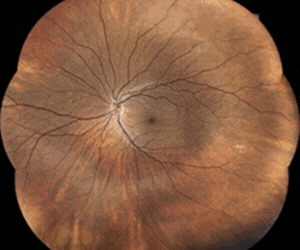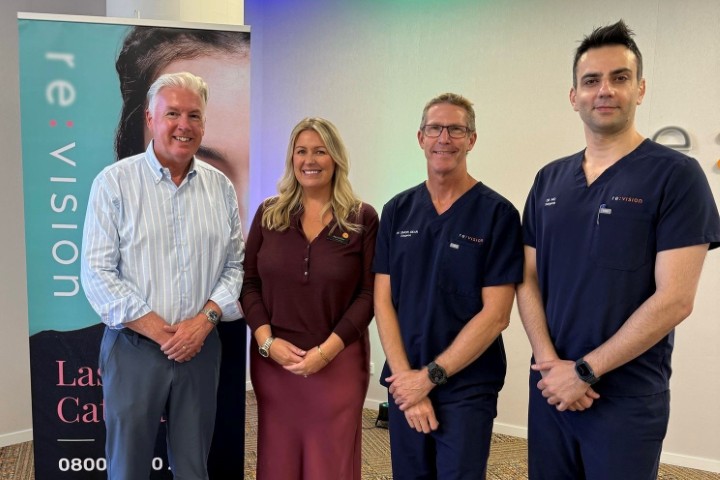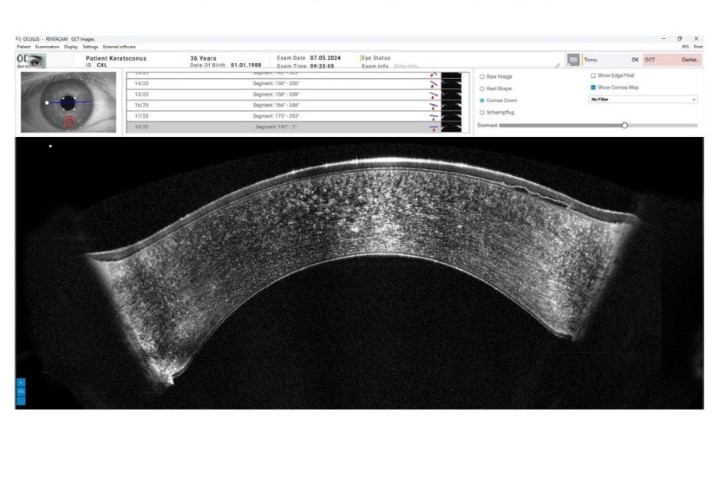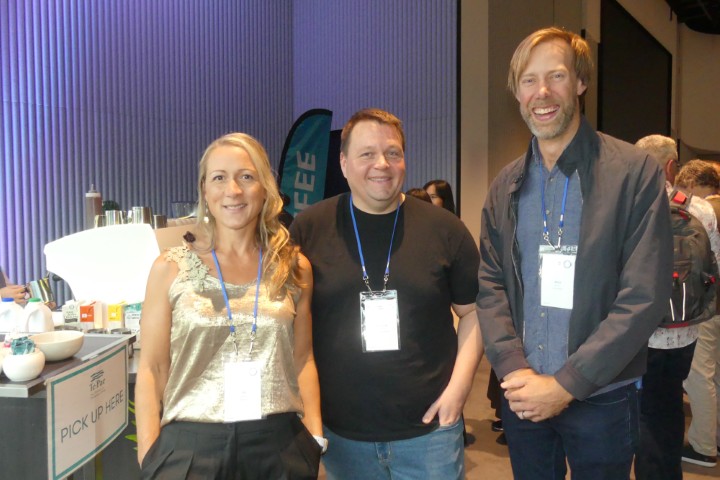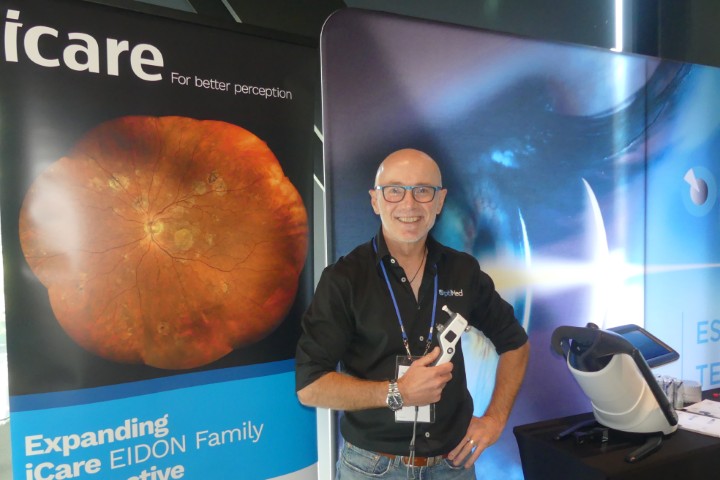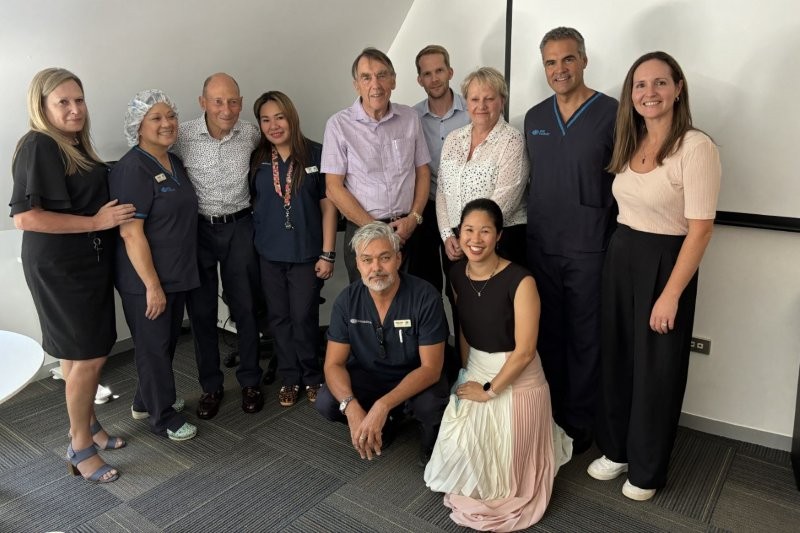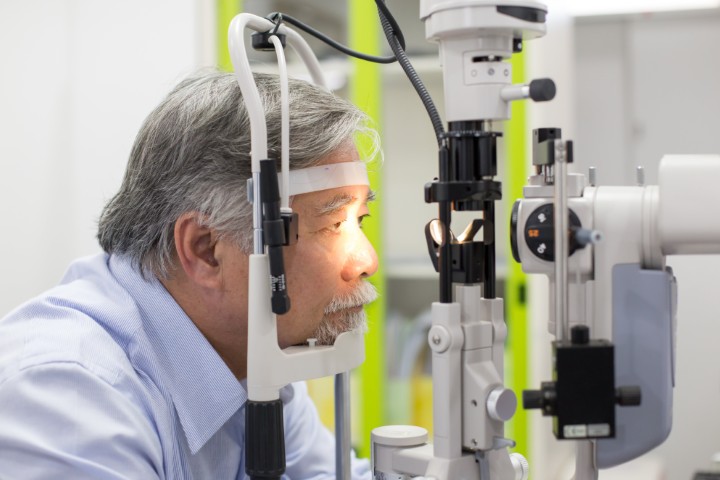Retinal age gap linked with mortality
A study by Guangdong Academy of Medical Sciences, China, and including researchers in Melbourne, has associated mortality risk with retinal age gap.
Researchers led by Professor Mingguang He, Centre for Eye Research Australia, defined retinal age gap as a subject’s retinal age (as predicted by a deep learning model that analyses fundus images) minus chronological age. After monitoring 35,913 UK subjects over an average of 11 years, the model showed each one-year increase in retinal age gap was associated with a 2% increase in risk of all-cause mortality. Large retinal age gaps were significantly associated with 49%-67% higher risks of death. No significant association was identified between retinal age gap and cardiovascular- or cancer-related mortality.
Researchers concluded that compared to more invasive, expensive and time-consuming methods of tissue or image analysis, their model is a potential screening tool for risk stratification and delivery of tailored interventions.
For the full study, see: https://bjo.bmj.com/content/early/2021/11/17/bjophthalmol-2021-319807






